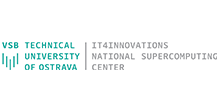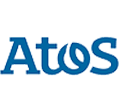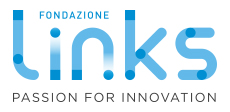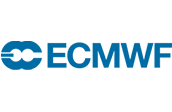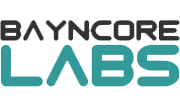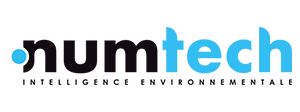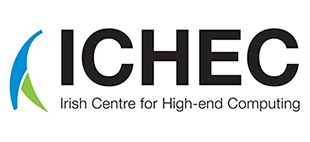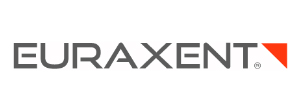Co-located with the HiPEAC-2020 Conference
https://www.hipeac.net/2020/Bologna
January 20–22, 2020, Bologna, IT
CALL FOR CONTRIBUTIONS
High Performance Computing (HPC) domain is representative of the set of hardware and software technologies enabling other scientific domains to get new insights of ever complex physical phenomena, as well as being at the basis of scientific discoveries. Furthermore, HPC technologies enable engineering domains to further advance, allowing more effective and efficient systems to be designed. With the growing volume of data produced by scientific experiments and simulations, the need for integrating Big-Data (BD) technologies is rapidly emerging. On the other hand, Cloud computing offers the capability to make easier the access and usage of such innovative tools. Besides that, energy efficiency still remains one of the main factors driving the integration of ever more heterogeneous hardware/software components into large scale data center infrastructures: from specialized devices (e.g., GPUs, FPGAs, etc.) to different CPU architectures (ARM, X86, POWER, etc.). This thematic session aims at fostering discussions among academic researchers and industries on the creation of the next generation of converged infrastructures. From the integration of innovative heterogeneous hardware solutions to specific software components and frameworks, to the porting of large and complex application workflows (also involving usage of artificial intelligence and machine learning techniques), this thematic session will offer a unique opportunity to get insight on how next converged HPC-BD-Cloud infrastructures will be designed. The workshop on Heterogeneous and Low-Power Data Center technologies (HeLP–DC) is intended to foster academics, industries and EU funded projects to share their results and ideas, as well as to propose innovative solutions, technologies and interesting application use cases.
Topics
Topics of interest include (but not limited to): Tools for managing HPC-BD-Cloud converged infrastructures (orchestrators, middleware, etc.); Software stack integration (containerization, VMs, microservices); Hardware design integration for application performance; Compilers, tools and programming models supporting acceleration in next generation converged infrastructures (GPUs, FPGAs, etc.); Applications, use cases and best practices in using HPC, BD and Cloud technologies; Hardware and software solutions for energy efficiency; Combination of the above.
Submission
Research and industrial talks will be reviewed by the organisers of the Workshop to ensure quality, relevance, and potential benefit from attendance. Researchers interested in presenting, are invited to submit an abstract (up to 300 words) describing the topic of the proposed speech. Submission must be in PDF format containing the title of the talk, the abstract, the name and affiliation of the presenter. Abstract must be send to the organizers by emails. Presenters of accepted talks must register for the main HiPEAC 2020 Conference.
Organizers
Alberto Scionti (Ph.D), Olivier Terzo (Ph.D) – LINKS Foundation
Jan Martinovic (Ph.D) – IT4Innovations Supercomputing Center
Jean-Thomas Acquaviva – DDN Storage

